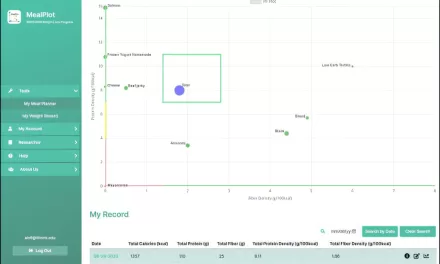A groundbreaking study published in Science Immunology has revealed that inherited diseases of metabolism and immunity share more commonalities than previously understood. The research highlights a new set of metabolic genes that are crucial for the functioning of immune system T cells, offering potential new avenues for the treatment of patients suffering from these rare and complex disorders.
The study, conducted by a team at Vanderbilt University Medical Center, explored the genetic basis of inborn errors of metabolism (IEM) and inborn errors of immunity (IEI). IEM refers to disorders where the cellular processes that convert food to energy are disrupted, while IEI affects the immune system’s ability to function properly. These conditions, often considered distinct, have now been shown to intersect significantly, particularly in the way certain genes influence both metabolic and immune pathways.
Dr. Andrew Patterson, who led the study as a postdoctoral fellow in the laboratory of Dr. Jeffrey Rathmell, explains, “Previously, only a few genes were known to be implicated in both metabolic and immune disorders, but our research has uncovered many more that overlap.” The study demonstrated that mutations in genes associated with IEM could also potentially impair T cell function, a critical component of the immune system.
The implications of these findings are profound. Patients diagnosed with IEM might also have underlying immune deficiencies that have gone unrecognized, while those with IEI may suffer from metabolic issues that contribute to their symptoms. “These connections suggest that what were once thought to be distinct categories of disease might actually be part of a continuum,” said Dr. Rathmell, the Cornelius Vanderbilt Professor of Immunobiology and director of the Vanderbilt Center for Immunobiology. He proposed that these overlapping conditions could constitute a new class of disorders termed “inborn errors of immunometabolism.”
To explore these connections, the research team employed CRISPR gene-editing technology to screen for immune defects in genes associated with metabolism and vice versa. In one case, they identified a metabolic gene that caused an immune defect when mutated, and in another, an immune gene that led to a metabolic defect. These examples underscore the complex interplay between metabolic and immune pathways and pave the way for future research into how these processes can be targeted therapeutically.
“We’ve laid the foundation for further investigation,” Patterson noted. “The examples we studied in detail reveal new biological mechanisms, and there are hundreds more genes that could be examined for their roles in T cell function.”
The findings of this study are not just confined to the pages of a scientific journal. The research team has made their data publicly available online, providing a valuable resource for other scientists exploring the connections between metabolism and immunity. “If you’re trying to understand these connections, this is a great place to start,” Rathmell added.
Dr. Patterson, who has since joined the faculty of the University of Louisville as an assistant professor of Biochemistry and Molecular Genetics, led this collaborative effort alongside Vanderbilt colleagues Dr. Vivian Gama and Dr. Janet Markle. Their work promises to open new frontiers in the understanding and treatment of rare genetic disorders.
The study, titled “Functional overlap of inborn errors of immunity and metabolism genes defines T cell metabolic vulnerabilities,” is available in Science Immunology and can be accessed through the DOI: 10.1126/sciimmunol.adh0368.
Journal Reference: Patterson AR, et al. Functional overlap of inborn errors of immunity and metabolism genes defines T cell metabolic vulnerabilities. Science Immunology. 2024. DOI: 10.1126/sciimmunol.adh0368.












